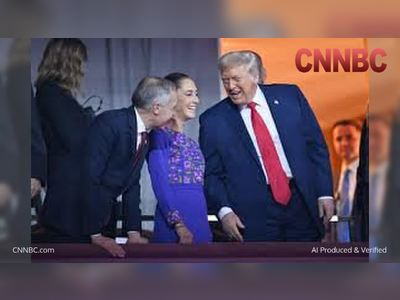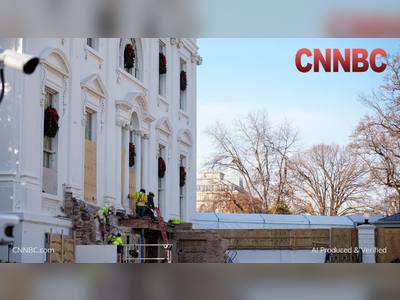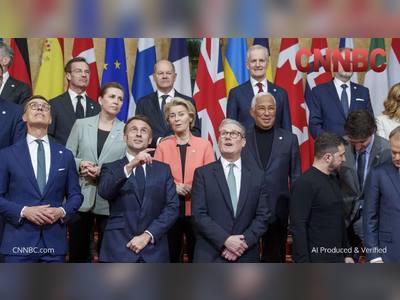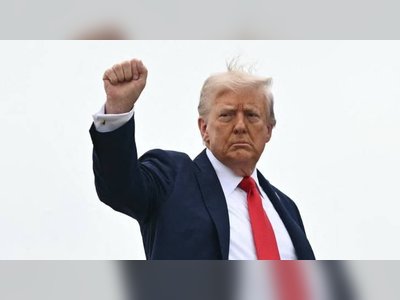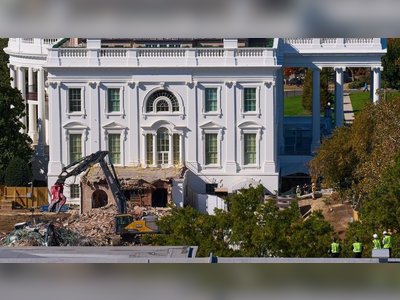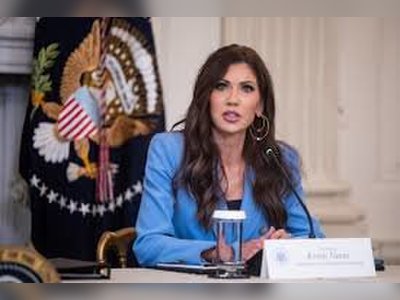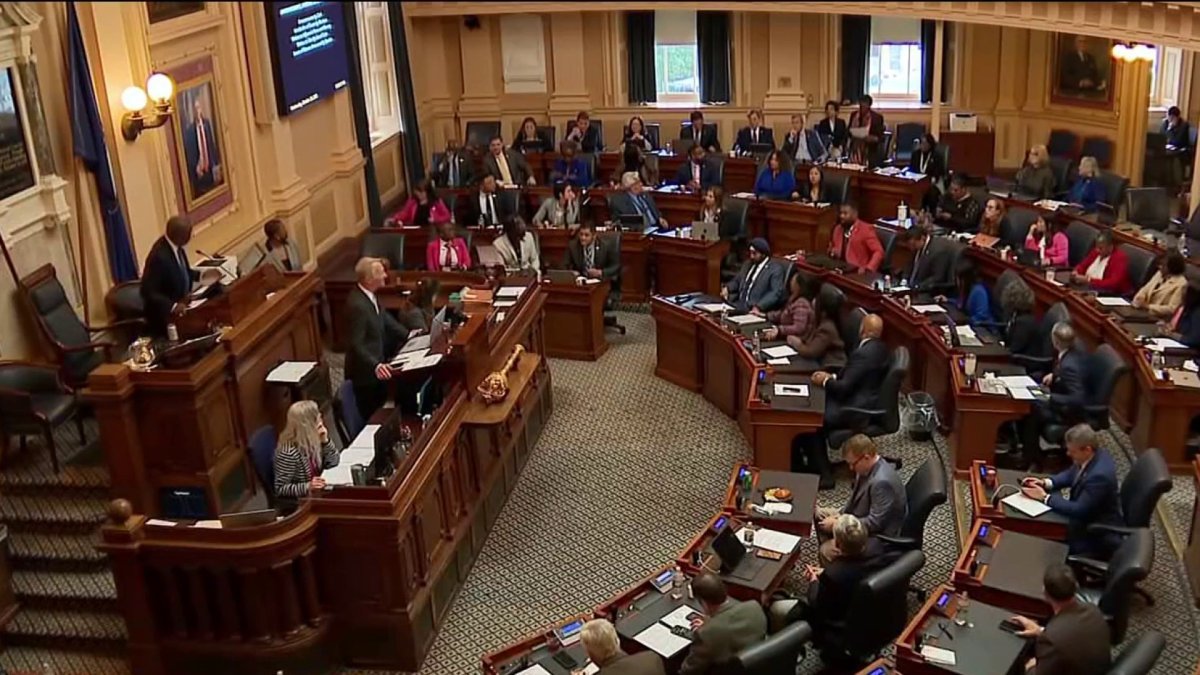
Virginia Democrats Claim Electoral ‘Mandate’ After Historic Sweep
Party secures control of the governorship and expands House majority, pledging cautious but ambitious governance
Virginia’s Democratic Party emerged with a resounding victory on election night, capturing the governorship, attorney general’s office and lieutenant governor’s post, while expanding its majority in the House of Delegates to 64 of 100 seats—its largest margin in over three decades.
According to the results, Democrat Abigail Spanberger defeated Republican Winsome Earle-Sears by more than fourteen percentage points to become the state’s first female governor.
At a press conference in Richmond, House Speaker Don Scott described the outcome as a “mandate” from voters.
He said the campaign was run “like a military campaign” and stressed the need for discipline in the months ahead: “The word of the day is restraint.
We can’t overreach.
We have to be wise with the gift that the voters have given us to govern.”
Governor-elect Spanberger used the moment to outline a multiyear policy agenda centred on housing affordability, utility bill relief, workforce training and protecting reproductive rights.
She underscored the urgency of tackling rising living costs and appealed to the federal government to resolve the ongoing shutdown.
Democrats now control every statewide executive office and hold a commanding majority in the legislature, giving them the capacity to pursue landmark measures—from redrawing congressional districts to advancing paid family leave and raising the minimum wage.
Leaders acknowledge, however, that fiscal constraints—such as growing costs for education and healthcare—may temper what can be achieved in the first session.
Republican Governor Glenn Youngkin, while congratulating Spanberger, attributed the party’s defeat in part to the federal government shutdown impacting hundreds of thousands of Virginia workers.
Meanwhile national voices aligned with his camp called the losses a generational setback for Republicans in the commonwealth.
As Virginia prepares for the next General Assembly session in January, Democratic strategists and legislative staff are already crafting bills to match voter expectations while guarding against overreach that could provoke backlash in future elections.
According to the results, Democrat Abigail Spanberger defeated Republican Winsome Earle-Sears by more than fourteen percentage points to become the state’s first female governor.
At a press conference in Richmond, House Speaker Don Scott described the outcome as a “mandate” from voters.
He said the campaign was run “like a military campaign” and stressed the need for discipline in the months ahead: “The word of the day is restraint.
We can’t overreach.
We have to be wise with the gift that the voters have given us to govern.”
Governor-elect Spanberger used the moment to outline a multiyear policy agenda centred on housing affordability, utility bill relief, workforce training and protecting reproductive rights.
She underscored the urgency of tackling rising living costs and appealed to the federal government to resolve the ongoing shutdown.
Democrats now control every statewide executive office and hold a commanding majority in the legislature, giving them the capacity to pursue landmark measures—from redrawing congressional districts to advancing paid family leave and raising the minimum wage.
Leaders acknowledge, however, that fiscal constraints—such as growing costs for education and healthcare—may temper what can be achieved in the first session.
Republican Governor Glenn Youngkin, while congratulating Spanberger, attributed the party’s defeat in part to the federal government shutdown impacting hundreds of thousands of Virginia workers.
Meanwhile national voices aligned with his camp called the losses a generational setback for Republicans in the commonwealth.
As Virginia prepares for the next General Assembly session in January, Democratic strategists and legislative staff are already crafting bills to match voter expectations while guarding against overreach that could provoke backlash in future elections.

